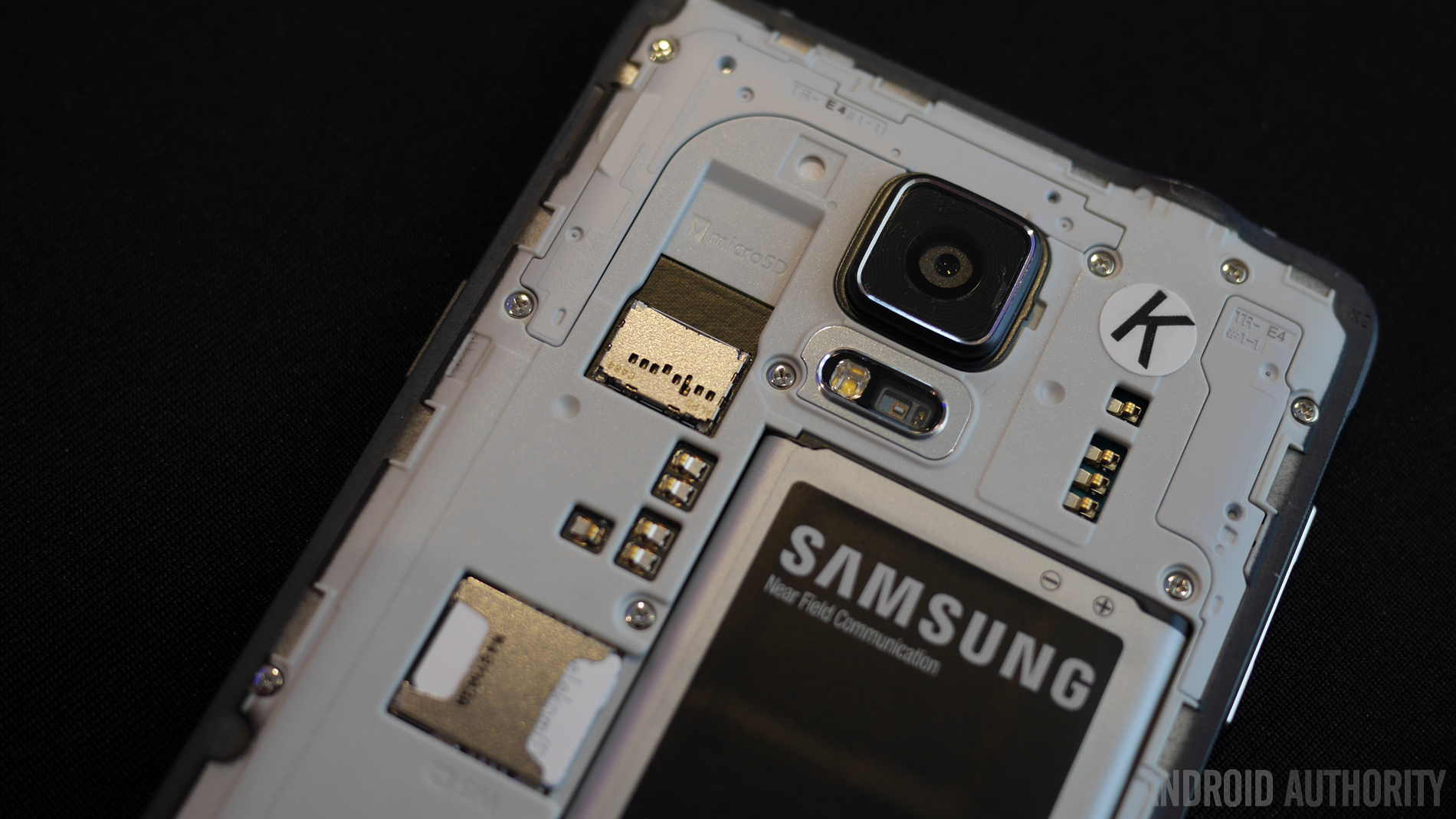Affiliate links on Android Authority may earn us a commission. Learn more.
Samsung, Sony, and Apple accused of child labor violations

First world problem: Someone out there is devastated by the fact that they are still stuck on a contract for the Galaxy S6 and won’t be able to upgrade to the upcoming GS7 right away. Third world problem: An underpaid worker has just toiled for over 24 hours in or around a dangerous mine, under intense conditions, so that way someone else can enjoy a brand new mobile device.
While the above reality sounds harsh, there’s much truth in it. Nearly all of us (myself included) are guilty of never thinking about where our devices actually come from, or how the resources used to build it were acquired. We like to think that the people who built our products are paid a fair wage, work fair hours, and are treated as humans should be, but unfortunately that isn’t always the case. Not only are workers often mistreated in parts of the world, many times they are also underage too.
all the accused firms have made clear statements saying that they have zero tolerance policies towards child labor
Human rights organization Amnesty has recently brought to light claims against Apple, Samsung, Sony, and many other companies for failing to ensure that the minerals used in their products weren’t acquired using child labor. In the associated report, it was found that children as young as seven were being put to work at cobalt mines in the Democratic Republic of Congo. For those unaware, cobalt is a core component needed for the production of lithium batteries.
As you’d expect, all the accused firms have made clear statements saying that they have zero tolerance policies towards child labor and that they immediately will suspend contracts with any organization linked to such actions. That’s all well and good, but Amnesty suggests that these companies could be doing a lot more to prevent child labor and that instead these companies are dealing with traders that don’t ask questions how or where minerals are mined.
On the other hand, Samsung and the others accused of essentially “turning a blind eye” arguably have few alternatives. The Democratic Republic of Congo produces at least 50% of the world’s cobalt, and most other regions that produce it have similar problems related to mistreatment of workers and the employment of child labor. What is needed is bigger reforms in the nations that do mine the materials, but that’s a talk for another day.
In the meantime, organizations like Afrewatch (Africa Resources Watch) feel that companies such as Apple, Samsung, and Sony should at least be responsible for showing where they source raw materials and should be taking more aggressive roles in combating child labor. As Afrewatch’s executive director, Emmanuel Umpula, puts it:
It is a major paradox of the digital era that some of the world’s richest, most innovative companies are able to market incredibly sophisticated devices without being required to show where they source raw materials for their components. The abuses in mines remain out of sight and out of mind because in today’s global marketplace, consumers have no idea about the conditions at the mine, factory and assembly line.
What do you think, should smartphone manufacturers do more to ensure that the materials they buy were mined in ideal conditions or are their existing policies enough? Who is ultimately responsible for ensuring that working conditions are improved and that child labor isn’t utilized — the companies, the countries involved, or everyday consumers (via means of protest, petition, boycotting, etc)? Be sure to share your thoughts below.